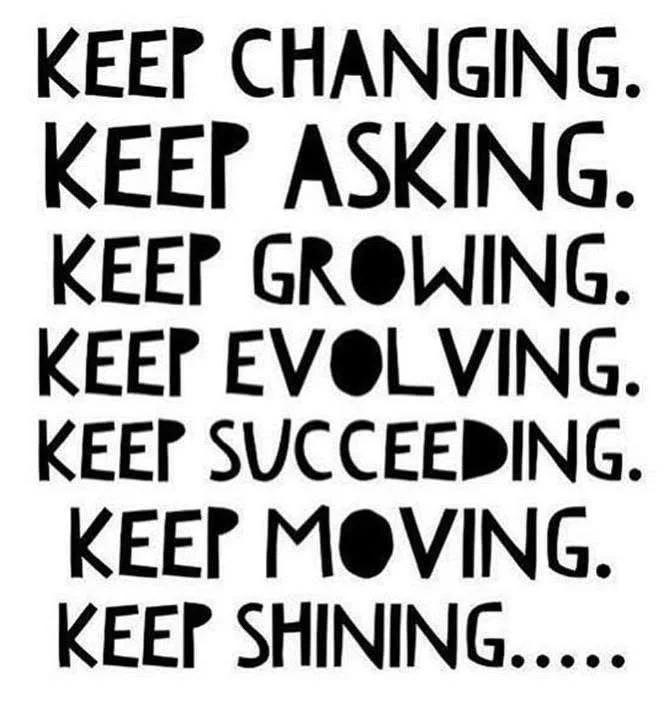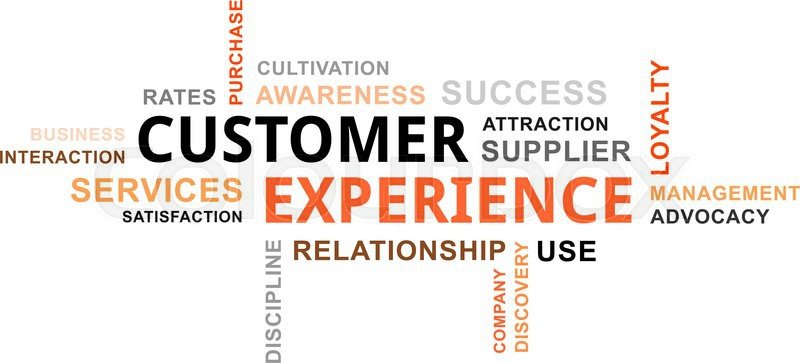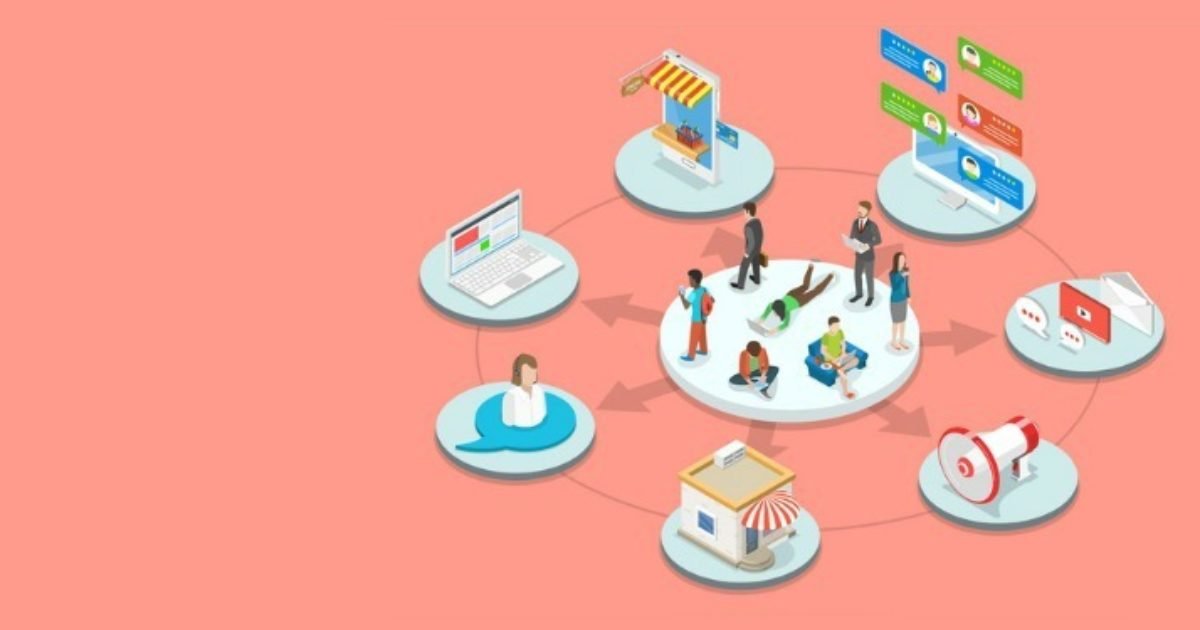Customer retention is so important if you want repeat business and growth. Every successful company, without exception is obsessed with taking good care of their customer experience once they get them. Very few methodologies sell better than offering excelling professional services, but just as importantly you’ll need to provide a great customer service experience. Making your customers so happy at the beginning and end of their interaction with your product or service will ensure that customers keep coming back.
I recently had a terrible experience with British Gas, who sent a letter to my deceased mother, asking her to renew an insurance policy for the boiler in my parents’ house. I spent almost 45 minutes waiting to speak to a human, listening to awful music and even though the recorded voice had prepared me to wait for 35 minutes, the worst was still to come. The young lady (who was human) declared that I could not cancel the direct debit as I was not the person named on the letter - my mother died in June. “You have to speak to the Probate Department., please hang on a minute and I will transfer you.” Another 8 minutes of waiting and more of that awful music, the first question the young man asked me was the date of my mother’s death…
This young man solved my problem and was extremely apologetic.
I just wanted to cancel the direct debit and it took almost one hour with awful music and only 3 minutes of human conversation. This customer service was not good enough if British Gas are to survive in these turbulent times.






















